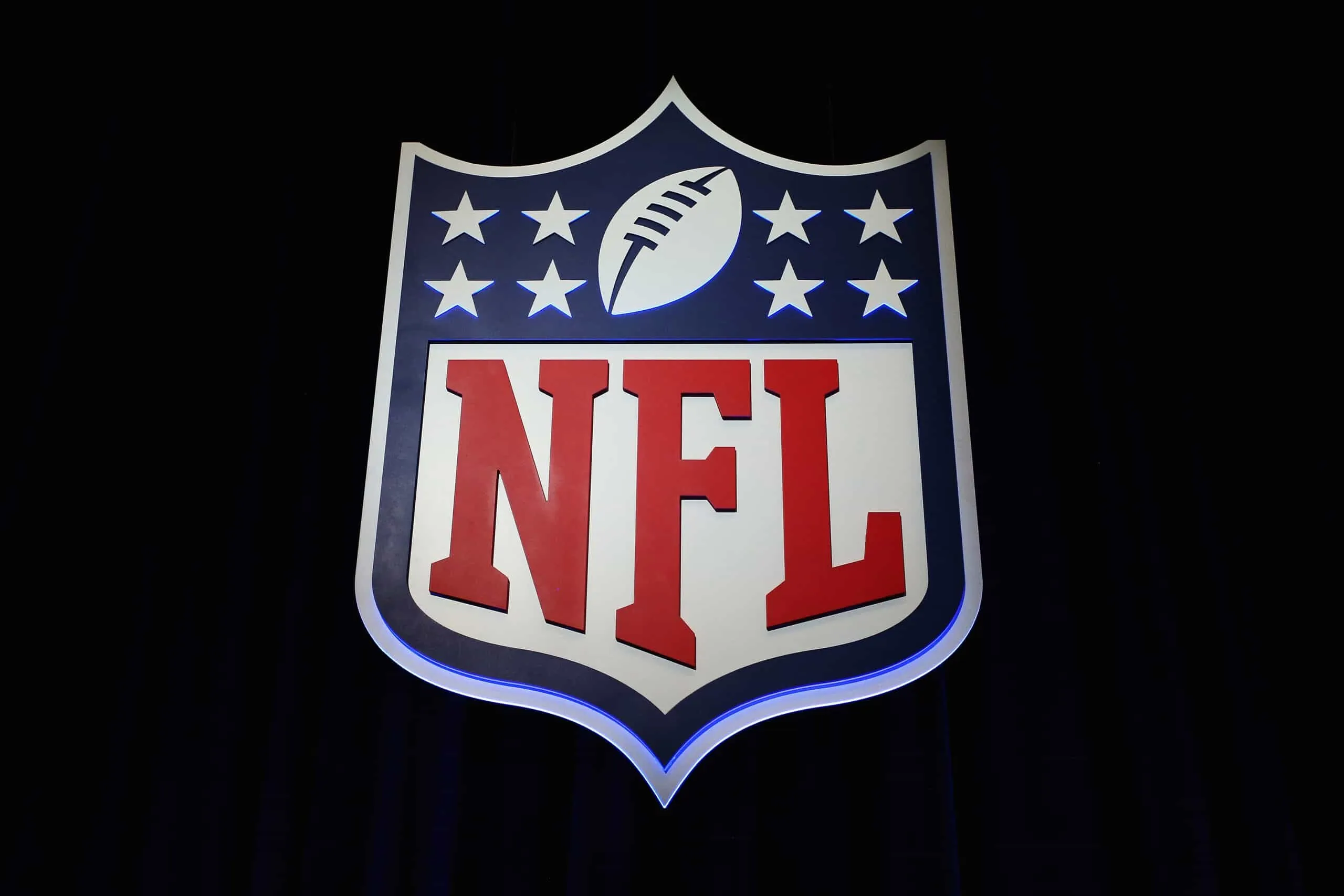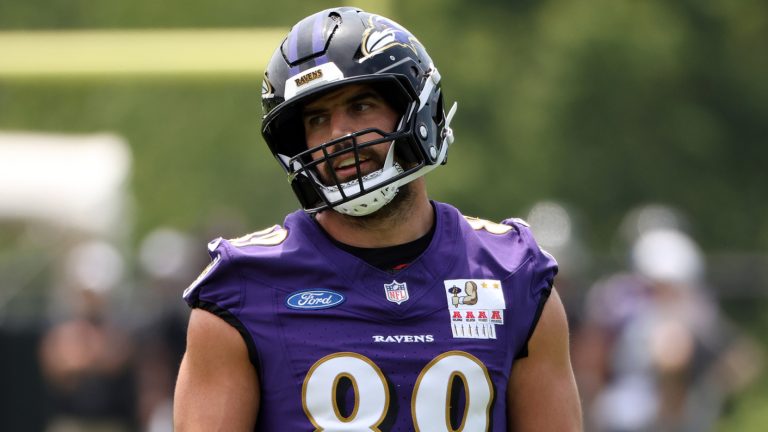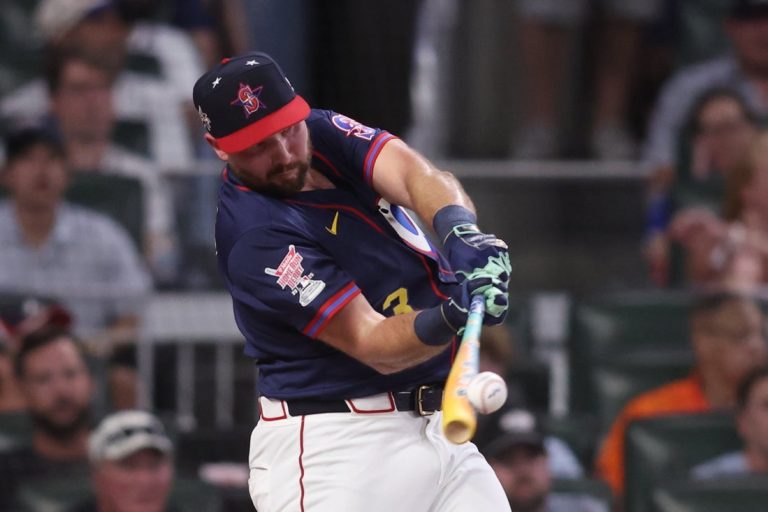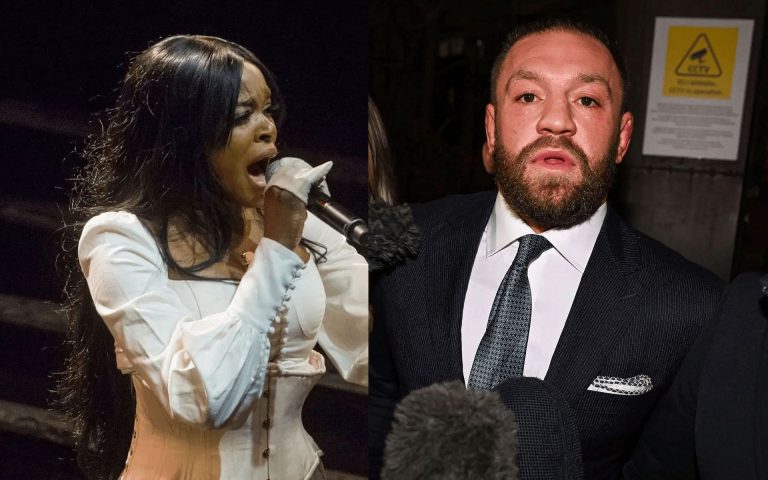The NFL’s annual top 10 quarterbacks rankings always generate discussion, but certain names have become fixtures at the summit.
Patrick Mahomes, Joe Burrow, Lamar Jackson, and Josh Allen consistently occupy the upper tier, their inclusion feeling almost automatic regardless of postseason outcomes.
Their sustained excellence has created an expectation that these four will anchor any credible quarterback hierarchy.
This year’s rankings sparked considerable debate when reigning Super Bowl champion Jalen Hurts landed at ninth overall.
The placement drew sharp criticism from analyst Jason McIntyre, who viewed the ranking as disrespectful.
“Jalen Hurts was once again, utterly disrespected by executives, coaches and scouts. Jalen Hurts has been to two Super Bowls, and Jalen Hurts is only ninth? You look at that list of the top 10 guys. Jalen Hurts is the only non-first-round quarterback. First impressions matter. I’m very bullish on Hurts. I have him unequivocally at number five,” McIntyre said on The Herd.
Are there really 8 QBs better than Jalen Hurts? @jasonrmcintyre pic.twitter.com/3BrTUYhsT9
— Herd w/Colin Cowherd (@TheHerd) July 14, 2025
The Philadelphia Eagles quarterback has built an impressive resume that challenges his modest ranking.
Hurts has guided Philadelphia to the Super Bowl in two of the past three seasons, capturing his first Super Bowl MVP award in February as the Eagles claimed their second championship in franchise history.
His 2024 playoff performance was particularly compelling.
The Eagles outscored opponents 145-77 across four postseason games, with Hurts displaying sharp accuracy, improved ball security, and timely short-yardage conversions.
Despite these achievements, evaluators still rank him behind quarterbacks like Jayden Daniels, Matthew Stafford, Justin Herbert, and Jared Goff.
Hurts may not fit the traditional franchise quarterback mold, and questions about his performance without elite weapons remain valid.
However, he has evolved into one of football’s most dynamic offensive catalysts.
He powered a Philadelphia offense that averaged 36.3 points per game during the playoffs, proving that unconventional approaches can yield championship results when execution matters most.







